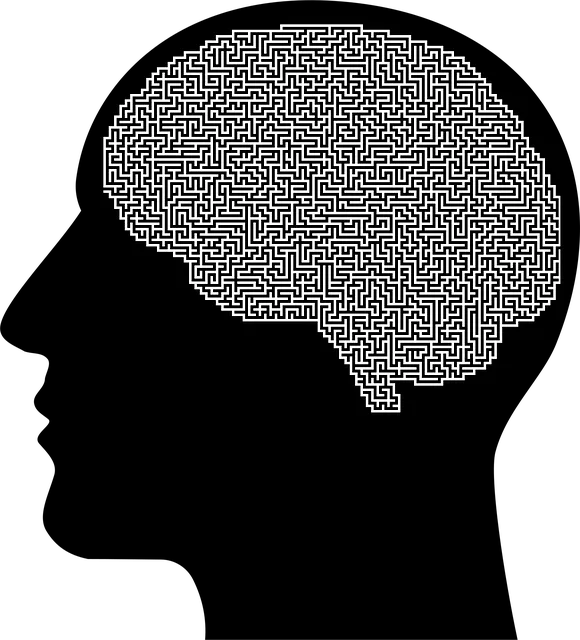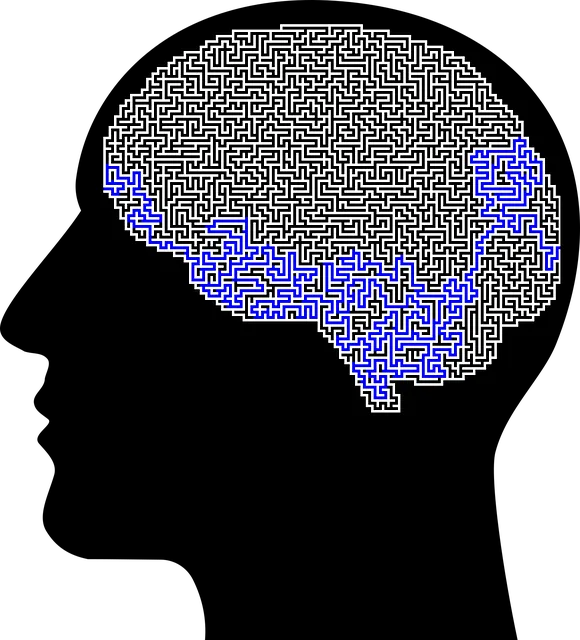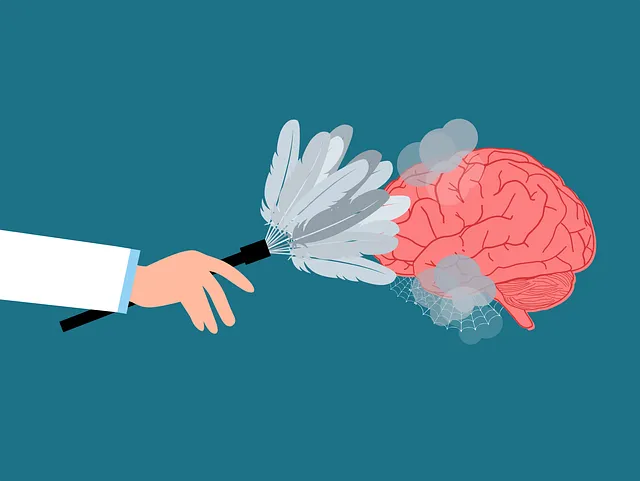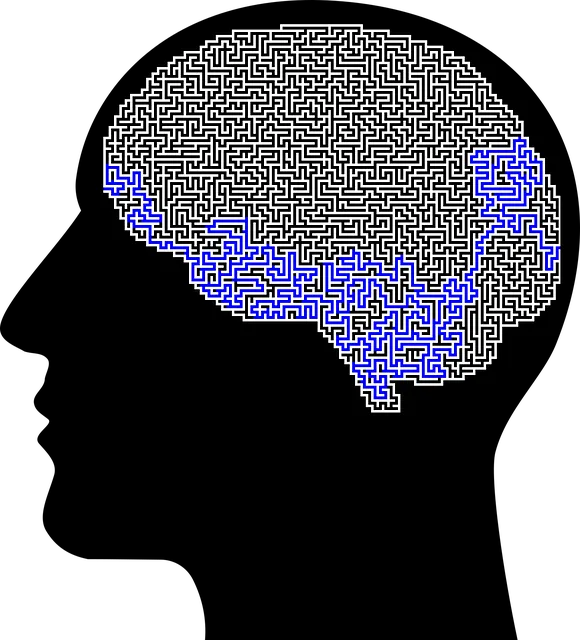The Kaiser Permanente mental health facility in Centennial offers comprehensive care and education to reduce stigma around mental illness. Through podcasts, workshops, support groups, and cultural competency training, they promote open conversations, early intervention, empathy, and holistic well-being, addressing diverse needs with tailored support and proactive self-care practices.
Mental illness stigma reduction is a critical aspect of fostering inclusive communities. This article explores comprehensive efforts by Kaiser Permanente’s Centennial mental health facility to combat societal barriers. Through community engagement initiatives, the center breaks down stigma-related obstacles and educates the public about mental health. By offering support groups and peer mentoring programs, Kaiser Permanente empowers individuals on their path to recovery. Discover how these strategies contribute to a more understanding and supportive environment for those facing mental illness.
- Kaiser Permanente Centennial: A Hub for Mental Health Services
- Community Engagement: Breaking Down Stigma Barriers
- Educating the Public: Dispel Myths and Misconceptions
- Support Groups and Peer Mentoring: Empowering Recovery
Kaiser Permanente Centennial: A Hub for Mental Health Services

Kaiser Permanente Centennial stands as a beacon for mental health services, offering a comprehensive array of resources and support tailored to diverse needs. This leading mental health facility prioritizes destigmatizing mental illness by providing accessible care through innovative programs like their Mental Wellness Podcast Series Production, which engages and educates the community on various aspects of mental wellness. The facility’s approach focuses not only on treatment but also on promoting Self-Care Practices as a proactive measure against psychological distress.
Centennial’s dedicated team ensures individuals receive compassionate care in a judgment-free zone, addressing everything from common concerns like anxiety and depression to more complex conditions. By fostering an inclusive environment, they encourage open conversations about mental health, reflecting the facility’s commitment to Depression Prevention initiatives and overall community well-being.
Community Engagement: Breaking Down Stigma Barriers

In efforts to reduce the stigma surrounding mental illness, community engagement plays a pivotal role in fostering understanding and acceptance. The Kaiser Permanente mental health facility in Centennial has been at the forefront of these initiatives, aiming to break down barriers by creating inclusive spaces where open conversations about mental wellness can thrive. Through various programs and events, they engage with the local community, educating individuals on the realities of mental health challenges and dispelling misconceptions that often fuel stigma.
One notable strategy is their Mental Wellness Podcast Series Production, which offers a platform for sharing personal stories and expert insights. This approach helps to humanize mental illness, allowing listeners to connect with experiences similar to their own or those of loved ones. Additionally, the facility’s Risk Management Planning for Mental Health Professionals incorporates stigma reduction as a key component, ensuring that healthcare providers are equipped not only to offer effective treatment but also to challenge societal norms and promote a culture of empathy and support.
Educating the Public: Dispel Myths and Misconceptions

At the Kaiser Permanente mental health facility Centennial, we understand that one of the most effective ways to reduce stigma is through education. By hosting public forums and workshops, our dedicated team aims to dispel myths and misconceptions surrounding mental illness. These events provide a safe space for open conversations about various conditions, their symptoms, and treatment options. Through interactive sessions, we empower individuals to recognize the importance of early intervention and support, fostering a more empathetic society.
In addition to direct engagement, our healthcare provider cultural competency training plays a pivotal role in stigma reduction. By equipping professionals with the knowledge to address mental health concerns sensitively and accurately, we ensure that everyone receives culturally responsive care. This approach not only improves access to services but also promotes positive thinking and self-esteem improvement, which are essential components of holistic mental well-being.
Support Groups and Peer Mentoring: Empowering Recovery

Support groups and peer mentoring play a pivotal role in empowering individuals on their path to recovery from mental illness. These programs, often facilitated by Kaiser Permanente mental health facilities like the one in Centennial, provide a safe and supportive environment where those struggling can connect with peers who understand their experiences. Sharing stories, strategies for coping, and celebrating progress fosters a sense of community, reducing feelings of isolation that can exacerbate symptoms.
Through peer mentoring specifically, individuals in recovery can offer guidance and encouragement based on their own emotional healing processes. This intergenerational exchange of knowledge and support promotes resilience and self-care routine development for better mental health. Moreover, risk assessment for mental health professionals is mitigated within these groups, as they are led by trained facilitators who understand the nuances of navigating sensitive topics while ensuring a nurturing atmosphere.
Kaiser Permanente’s Centennial facility stands as a beacon of hope, offering comprehensive mental health services while fostering stigma reduction through community engagement. By breaking down barriers and educating the public, they dispel myths and misconceptions surrounding mental illness. Support groups and peer mentoring programs empower individuals on their recovery journeys, ultimately transforming lives and creating a more understanding society.






